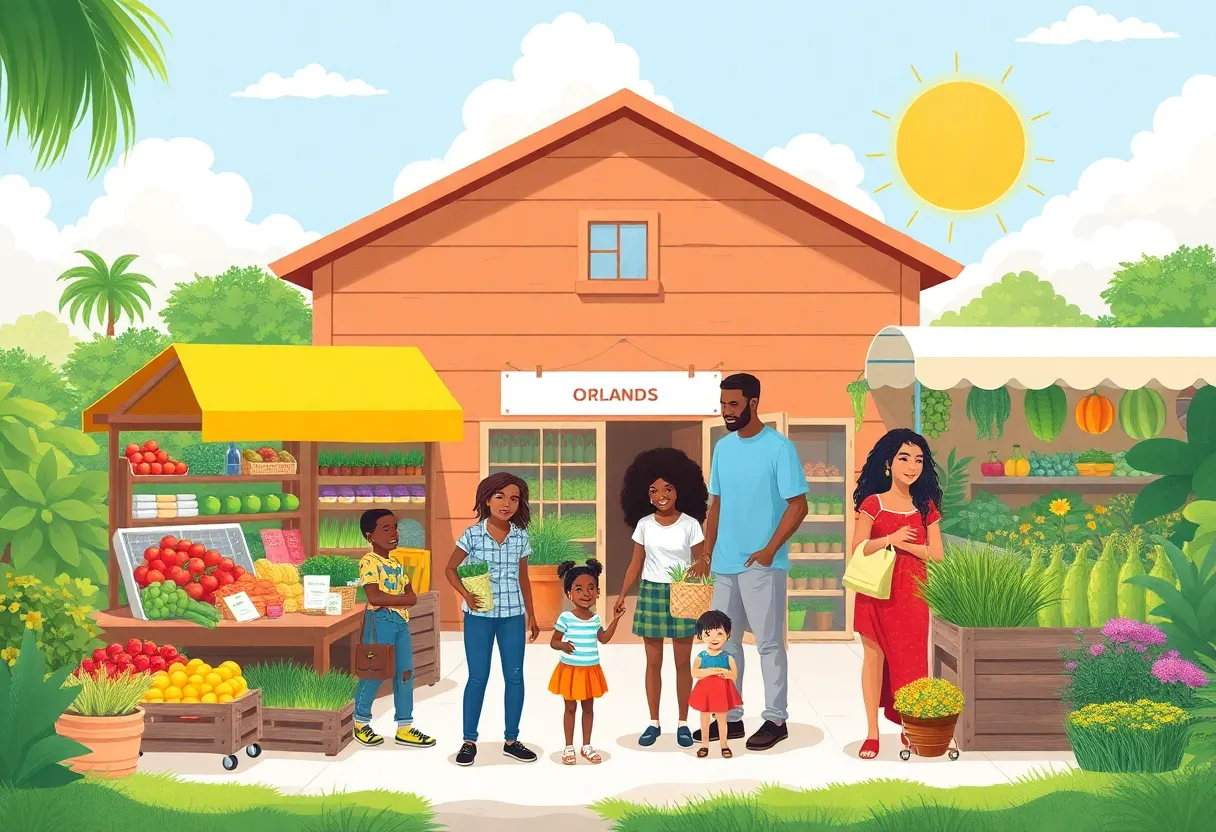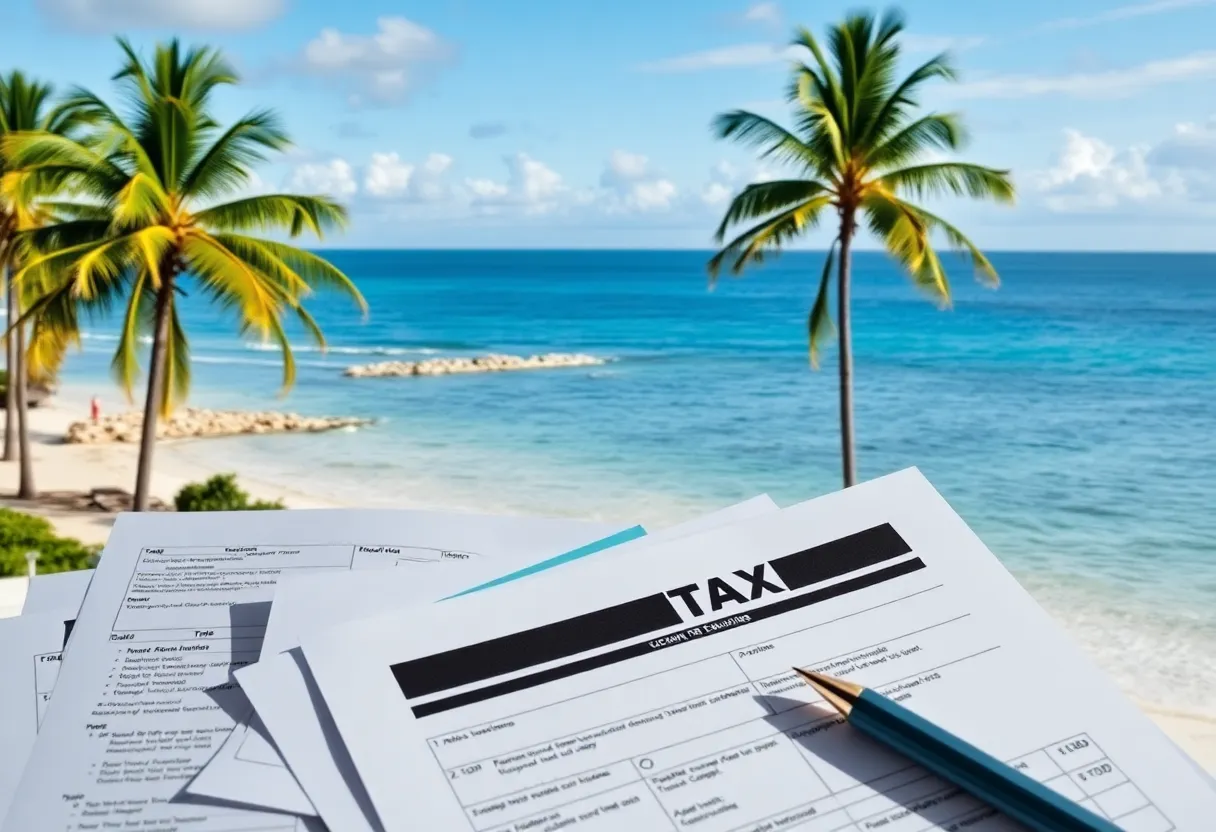News Summary
In Orlando, Florida, lawmakers are addressing food insecurity by introducing a bipartisan bill aimed at creating grocery stores in food desert areas. Food deserts are defined as locations over a mile away from supermarkets with high poverty rates. This legislation seeks to improve access to fresh food and tackle the health implications faced by affected families. As communities explore innovative solutions, like community gardens, efforts continue to promote equality and health in Orlando.
Florida House Takes a Stand Against Food Deserts
In sunny Orlando, a ray of hope is shining through the clouds of food insecurity. Florida House lawmakers are on a mission to tackle the issue of food deserts with a new bipartisan bill. This legislation is designed to foster the development of grocery stores in areas that lack easy access to fresh and nutritious food.
What is a Food Desert?
So, what exactly is a food desert? According to the USDA, it is an area more than a mile away from a supermarket and has over 20% of its residents living below the poverty line. In a city as vibrant as Orlando, it may come as a surprise that food deserts exist, but they affect many neighborhoods.
Life in Orlando’s Food Deserts
Take, for instance, the west side of Orlando, home to residents like Ellis White. For Ellis, a trip to the grocery store is anything but convenient. Living in a food desert means spending six to seven hours on a journey to pick up essentials. Since there is no direct bus service to the nearer Publix, Ellis settles for taking the bus to a Save-A-Lot grocery store located more than three miles away.
This arduous commute severely limits options for grocery shopping, often forcing them to depend on nearby convenience stores. These stores charge higher prices and typically stock less nutritious food, which can have serious implications for health. Who knew a simple grocery trip could come with so many complications?
Health Implications of Food Deserts
The impact of food deserts stretches far beyond inconveniences. Studies indicate that they can lead to various health problems, affecting not just individuals but whole families for generations. Access to nutritious food contributes significantly to overall health, and living in a food desert is closely tied to issues like obesity and diabetes.
Things get even more complicated when you consider that many of these areas also lack essential services like banks and health clinics. This creates a cycle of food insecurity that many families find hard to escape. It’s heartbreaking to note that many children in these neighborhoods are classified as economically disadvantaged.
Local Initiatives and Future Developments
In the community of Pine Hills, the struggle has been palpable since the closure of the last grocery store, a Winn Dixie, back in 2019. Residents have been left high and dry, making it even harder to access nutritious food. However, local officials are working hard to find solutions. One option on the table is to launch more community gardens, which can fill some gaps in food access while larger, long-term solutions are explored.
On a brighter note, the Parramore community is gearing up for some good news. A new Presidente Supermarket is set to open soon, promising to make grocery shopping a breeze for local residents. With this new store, people will finally be able to cut down on commute times and get back to enjoying their daily lives.
A Balanced Approach Needed
As lawmakers and community leaders work toward solutions, it’s crucial to remember that tackling food deserts requires a comprehensive approach. The actions must consider both immediate needs—like opening grocery stores—and long-term development strategies to ensure lasting change.
In the end, the bipartisan bill is just a stepping stone toward alleviating food insecurity in Orlando and beyond. Building grocery stores isn’t just about convenience; it’s about restoring health and equality in communities that need it most. As efforts continue, one thing is clear: better days are ahead for Orlando’s residents!
Deeper Dive: News & Info About This Topic
HERE Resources
Additional Resources
- Orlando Weekly: Florida’s Unemployment Rate
- Wikipedia: Food Desert
- WFTV: 6 Hours to Get Food
- Google Search: Food Insecurity Florida
- Orlando Date Night Guide: Orlando Desserts
- Encyclopedia Britannica: Food Insecurity
- Orlando Informer: Diagon Alley Dining
- Google News: Florida Food Deserts
- Orlando Sentinel: Local Chefs Teach Budget Cooking







